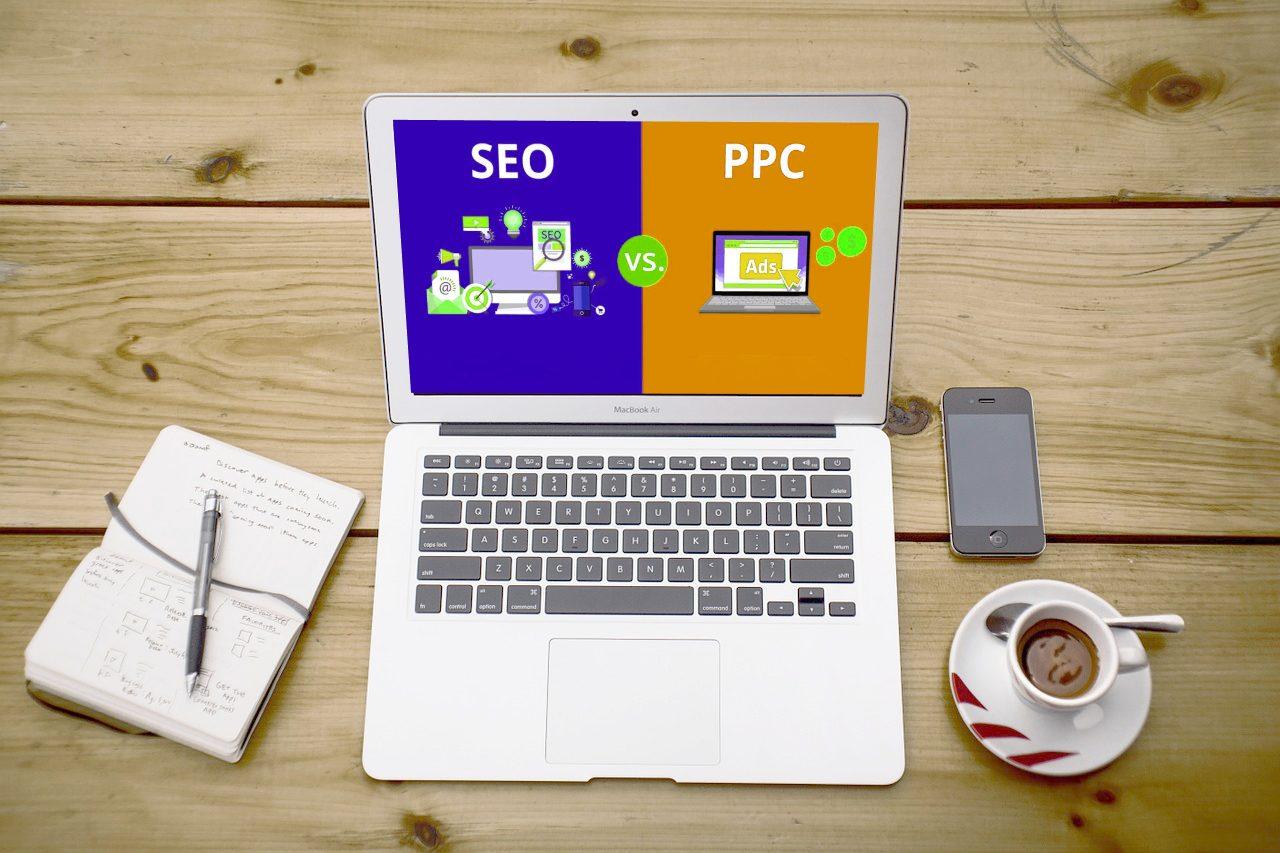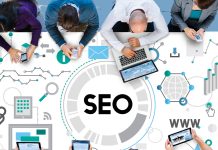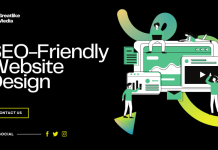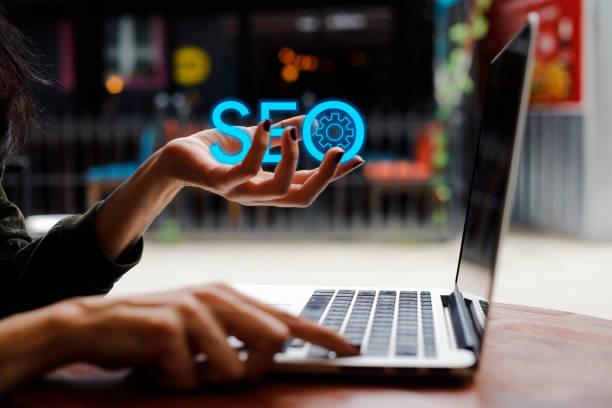Any marketer in today’s world will be familiar with these two terms: SEO and PPC. SEO stands for Search Engine Optimization, and PPC stands for Pay-Per-Click. They are the primary methods applied to all forms of digital media for marketing. A digital marketing campaign’s success depends on the marketing team’s knowledge of SEO and PPC. The plans for SEO and PPC campaigns are often very different to formulate. Thus, the question is: What is worth more? To explore that, we need to compare and analyze both of these methods in an in-depth way.
SEO
SEO or Search Engine Optimization is a method of marketing applied for organic growth through keyword-rich websites and blogs, and website searches. The basic principles of SEO are quite simple in theory and free as well, but it takes a lot of time to implement properly. Let’s explore the benefits of SEO along with the limitations.
Organic Growth:
In digital marketing, the fast growth of followers/viewers can be very tempting, not always beneficial. SEO helps your brand grow organically through website searches and keyword searches. Organic growth results in a much more interactive and active base of users/followers. It increases your user conversion rate highly and gives genuine results. But organic growth can often take some time. It slowly grows your base, a very active and interactive base, but slowly nonetheless.
Brand Awareness and Image:
As mention above, SEO drives organic growth. Organic growth is very effective in building a good awareness and reputation of an organization. Organic growth can be perceived as people genuinely reaching out to your website rather than just following through on an ad. Organic growth can lead to higher credibility and trust among users/customers. This can bring in more active users and a good reputation but is massively important for retaining existing users/customers.
Cost:
Well, SEO is free in a technical sense. There is no cost-per-click per se. But as mentioned above, it will take time to grow brand awareness and visibility. Also, there will be a need for investment in key areas like keyword research, SEO-friendly content writing, and negative keyword research. The return-on-investment, although, is very high in the case of SEO. Organically grown customer base is often more active and spends more. The good reputation and credibility built through this process will also go a long way to secure future success.
Scalability and sustainability:
SEO, in comparison, is much more sustainable than paid advertisements as the clicks and activity does not stop with spending. For any new organisation, building a good reputation and credibility is key, and SEO is the answer to that. It is also scalable as paid promotions implemented with SEO can produce maximum results after building good visibility and trust.
That said, there are very specific things that need to be considered before taking on a full-fledged SEO campaign. SEO can take a lot of time to grow your base. Also, putting out constant SEO-friendly content, including keyword research and building a content asset base, can’t be done in-house by every organisation.
Organic traffic is the cornerstone for any digital marketing campaign, but the slow pace of growth may not be suitable for every company.
PPC
PPC stands for Pay-Per-Click, and it is exactly as it sounds. It is a paid ad service provided by search engines. The PPC model allows your ads to be exposed to a higher audience base, as the payment is based on the number of click-throughs from your ads.
Audience Targeting: One of the biggest advantages of PPC is the ability to show your ads to a targeted audience. PPC services let you control your target audience and show them your ads when visiting similar websites or in recommendations. Even if every person is not clicking through on your ads, the exposure created is much higher. Audience targeting is very important as it reduces the cost-per-click sharply. Targeting the right audience with the right PPC campaign can truly work wonders for your marketing campaign.
Speed and Agility:
PPC campaign is a paid marketing campaign; thus, the exposure target is often met very fast. Another advantage of paid services such as PPC is the availability of real-time analytics provided by the search engines themselves. These analytics show real-time data on which keywords and ads convert most viewers and help you change and adapt your campaign. The speed provided by paid services can also be used to ramp up marketing in a matter of days and even to poll test newer products and campaigns. The ability to do fast split testing also makes the marketing campaign much easier. Split testing is a method where small changes are made to an ad campaign to track their effects and improve.
Cost:
A PPC account needs to be very well managed. Going on an unplanned and researched spending spree won’t do your marketing campaign any good. But with researched and managed accounts and planned spending, a successful PPC campaign can be built on a relatively low cost. The use of relatively low cost is used as it will never be as cheap as organic growth, but the speed of exposure and the profitability that comes with it outweighs the investment made.
Interactive Ads:
PPC allows you to employ visual aids in your ads and interact with your audience in a much broader way. PPC ads can be very diverse with a mix of images, information, and even videos to attract your intended audience. PPC allows your audience to have a much clearer view and an idea of what can be expected from your company. With the right ad campaign, PPC can be very profitable. With the freedom to show people more with ads, it puts the burden of delivering on the company, and not delivering what was promised in the ads can be very harmful to its reputation.
The problems with PPC arise very much with the organisation of the campaign. Targeting very broad audiences, like entire countries, or not having the right ads to go with the targeting, can soon burn a hole in your pockets. Unlike SEO, the effects of PPC stops with investment. PPC needs very intense monitoring to be successful and can often be very expensive.
The Verdict:
It is very hard to determine which is the best as they are suitable for different types of marketing. For a company that operates in a very small or niche market, SEO can build good visibility at a relatively fast pace. It can help with reputation and save a few bucks on paid ads.
On the other hand, if a company competes in a very crowded area such as e-commerce with companies like Amazon dominating the field, PPC is very clearly the logical or even the only option.
The best possible solution is always to employ both SEO and PPC to complement each other. Growing an organic base and spending little to spread the word to a broader audience can very well be the wisest course of action.
Working through all of this and deciding what to employ properly can always be confusing and frustrating. A suggestion we would like to give is to consult an expert and outsource your work. Consulting Google AdWords experts or some other digital marketing experts can make your life easier as well.



















